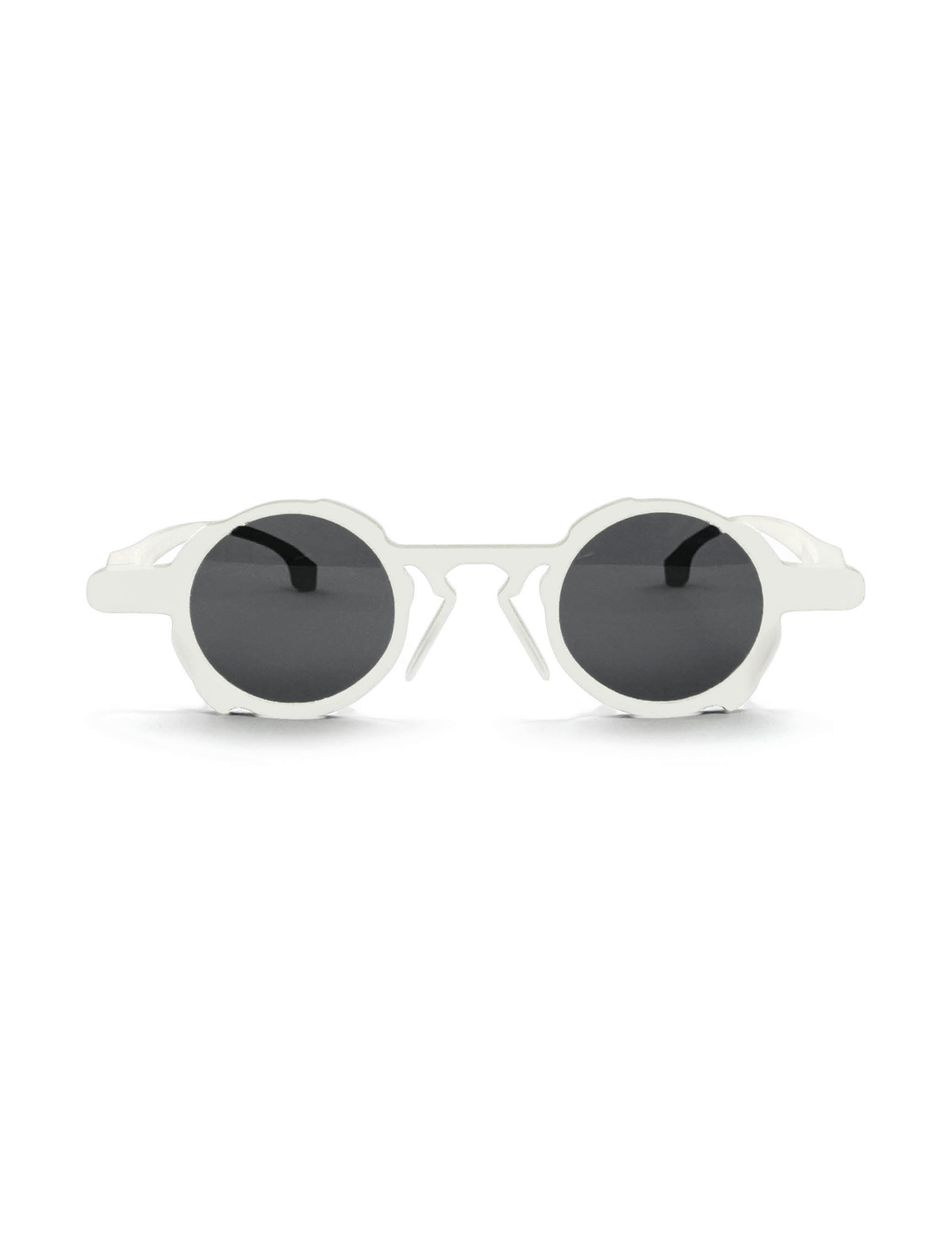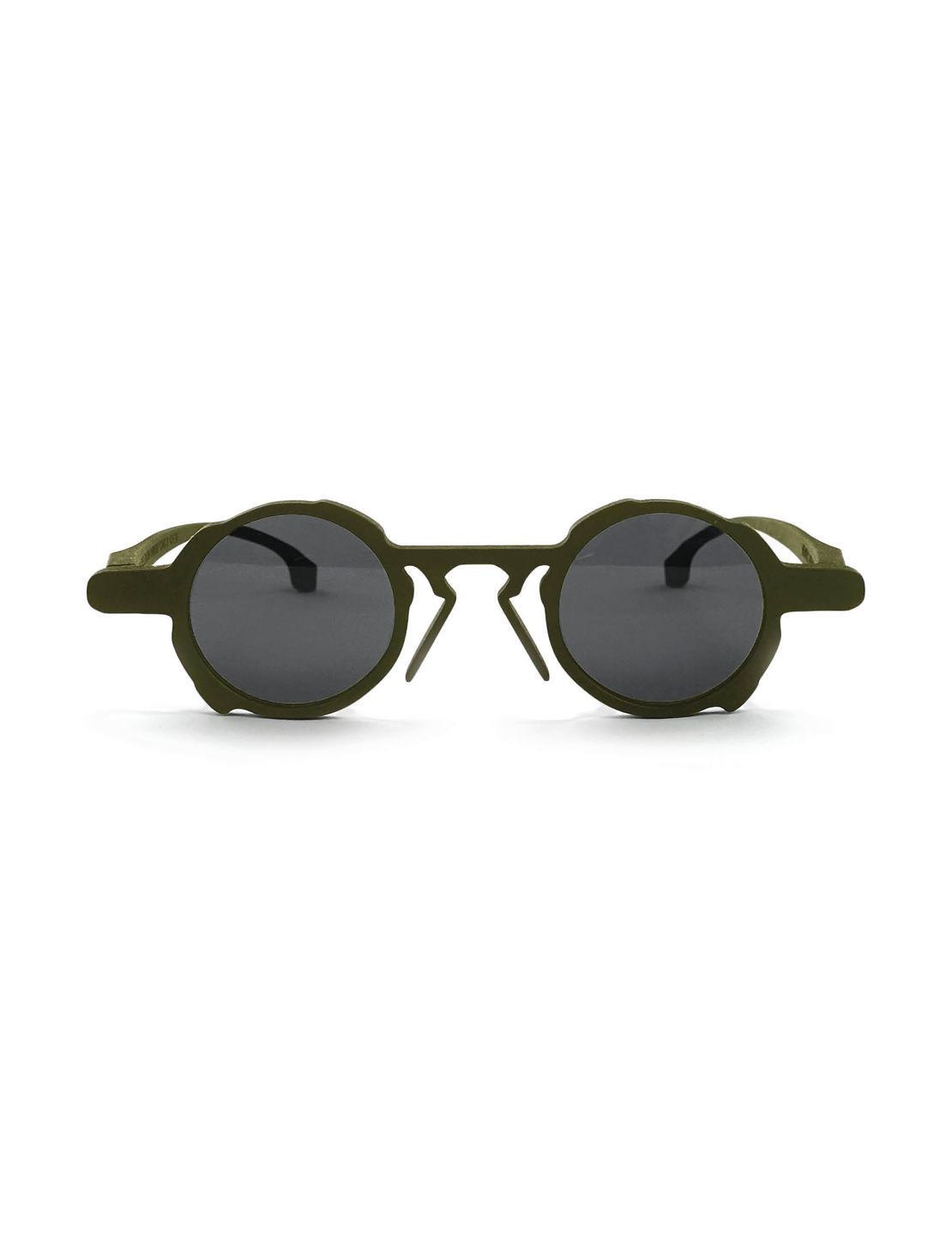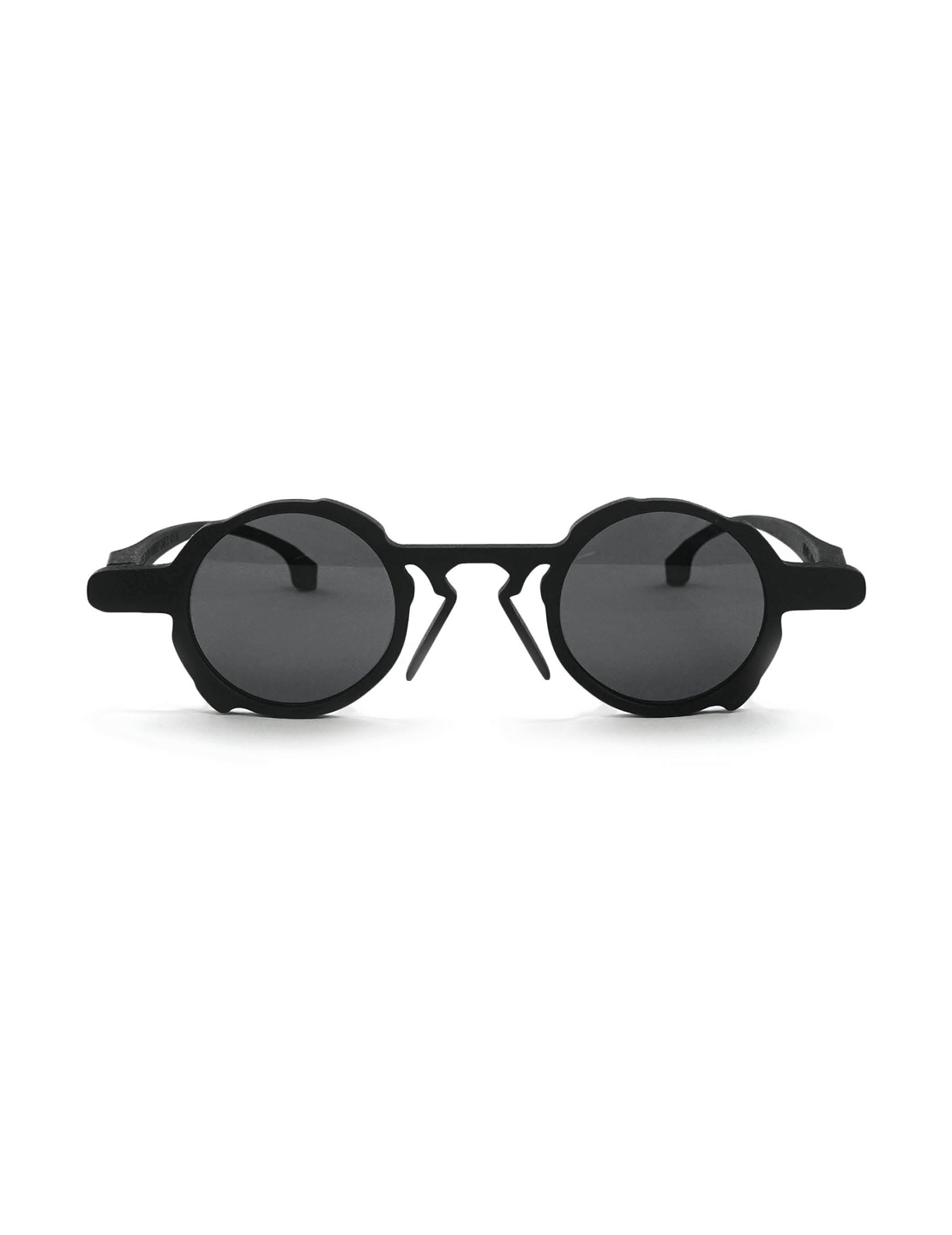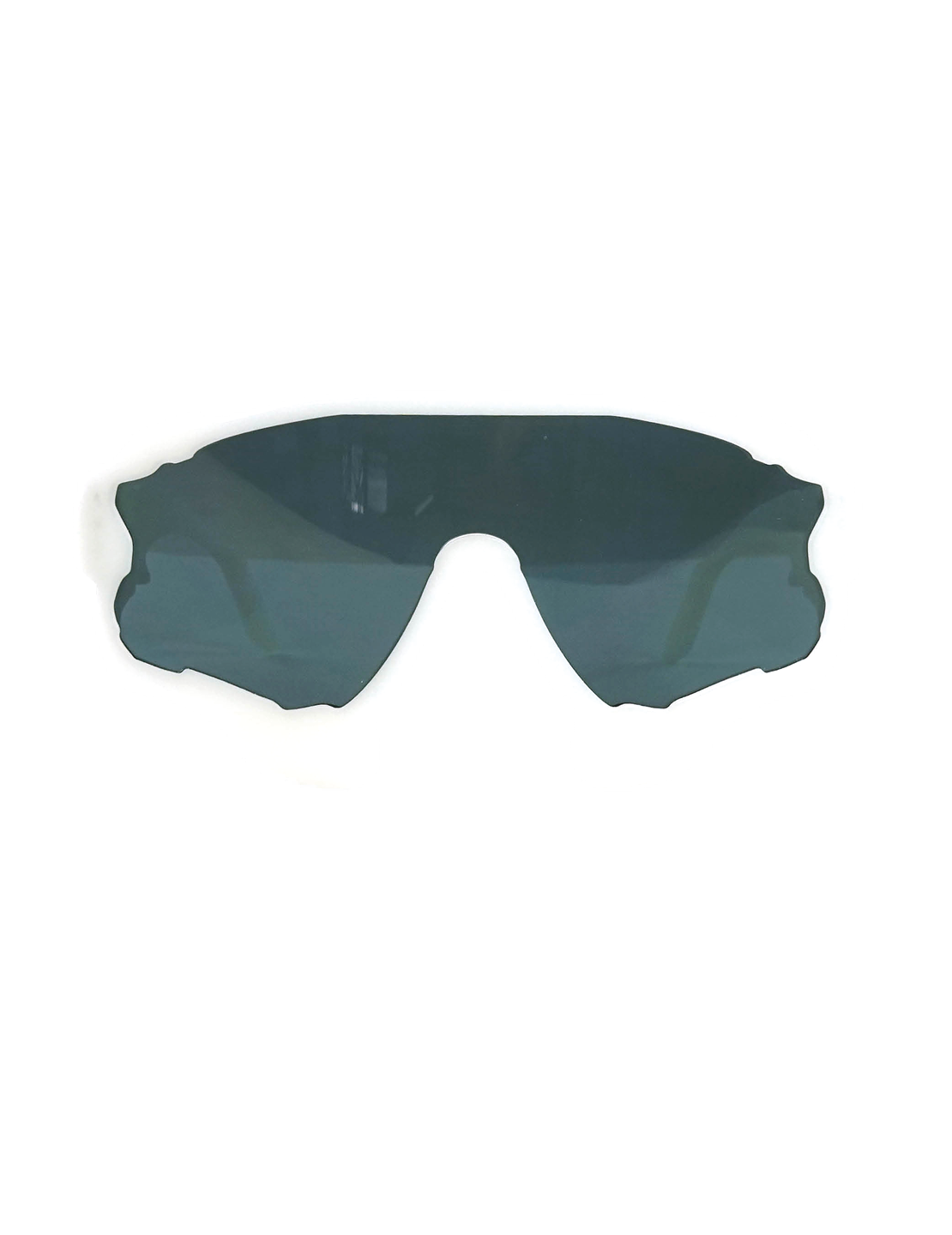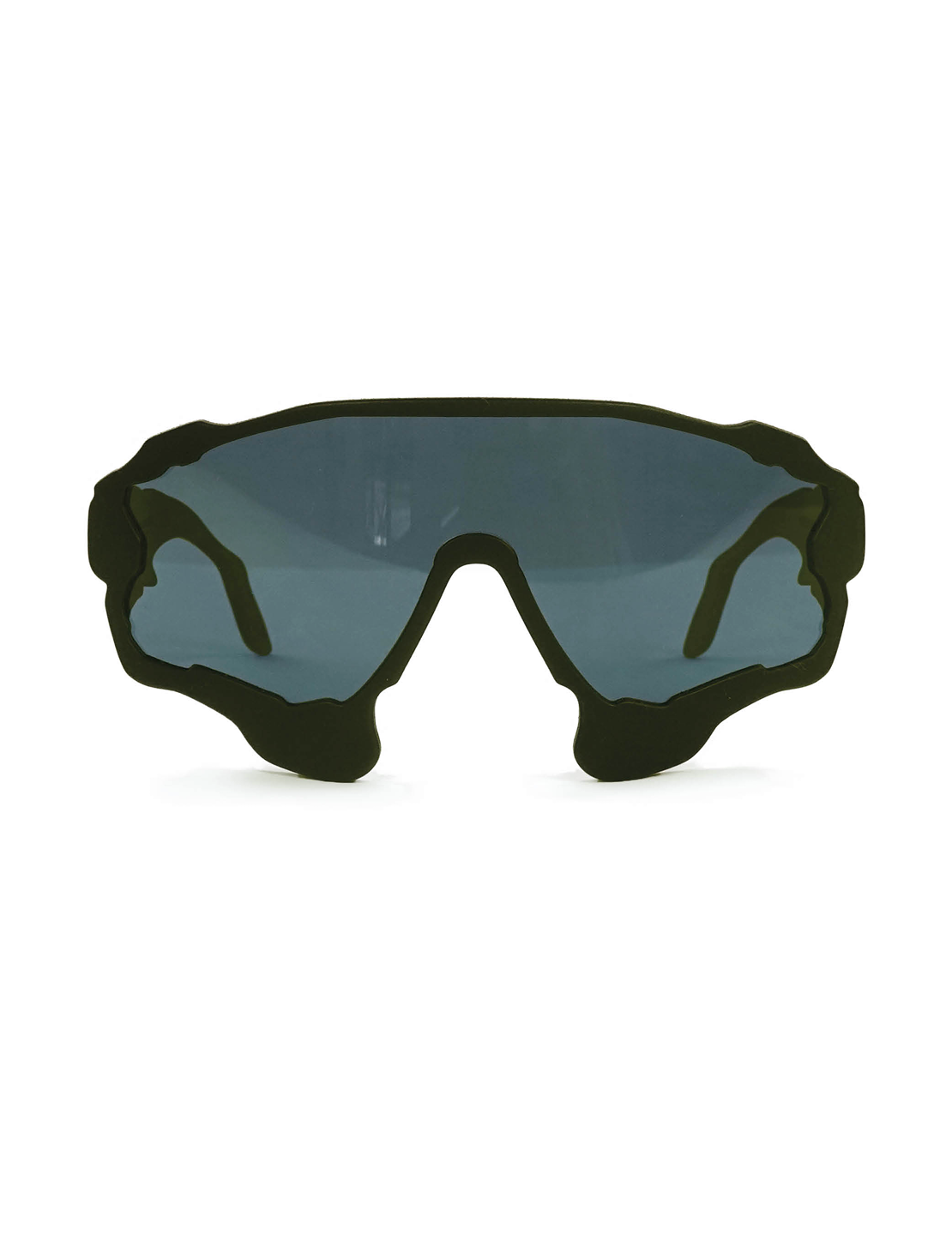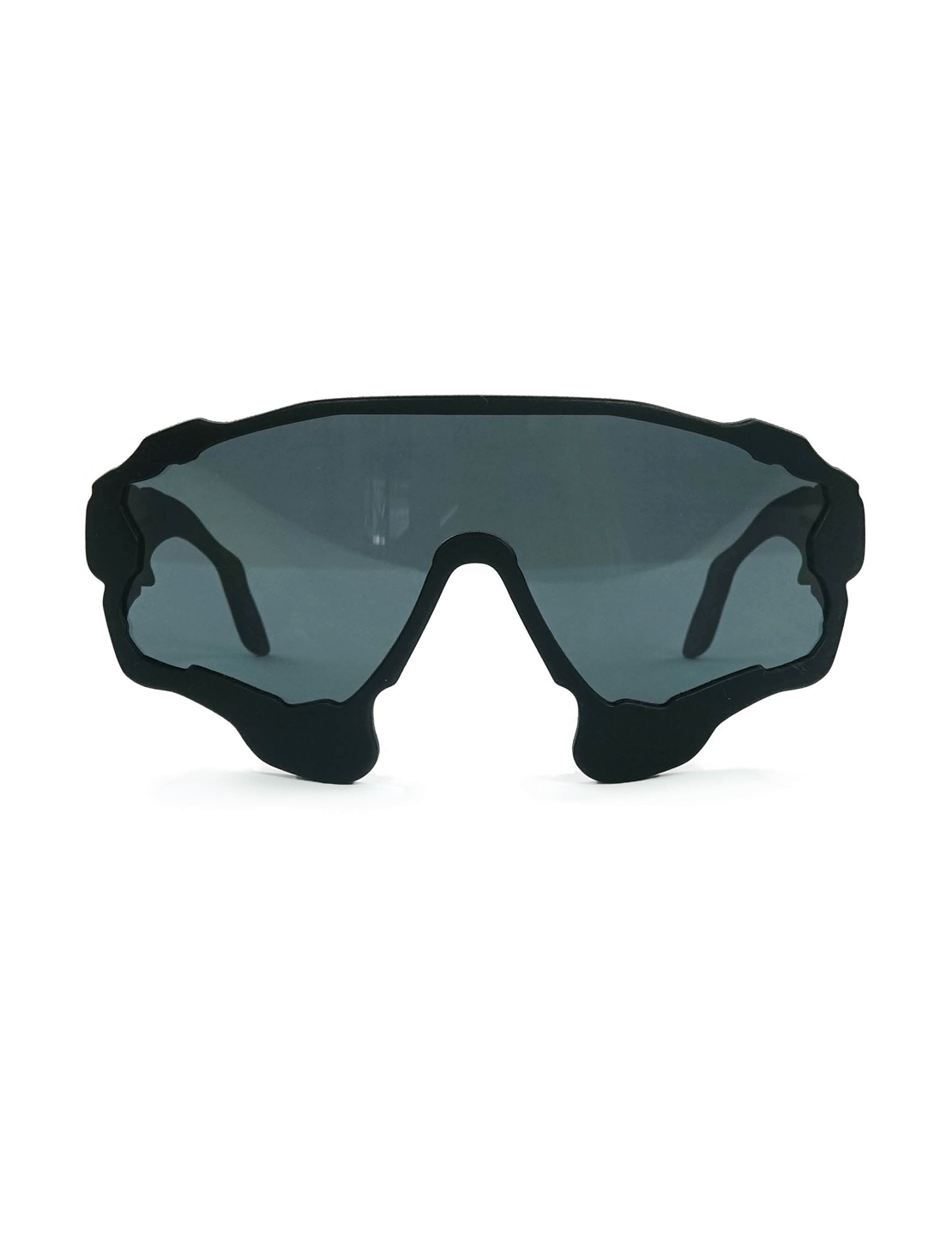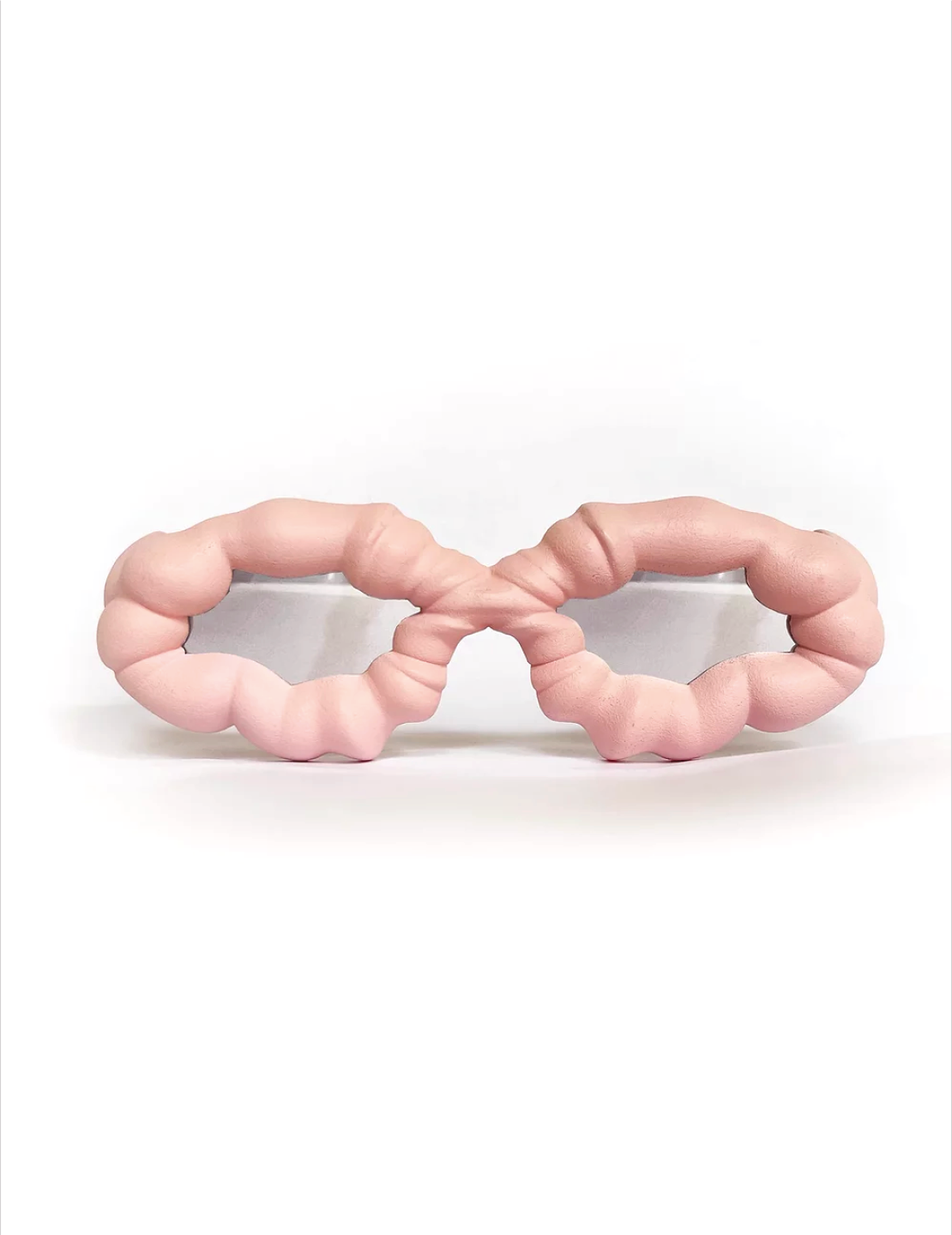
Explaining the buzz words: biobased, recycled and recyclable
Plastic is one of the most ubiquitous materials in the world. It can be found in almost everything we use in our daily lives, from packaging to electronics. However, as we become more aware of the impact of plastic on the environment, we are increasingly looking for more sustainable alternatives.
Three terms that are often used in relation to sustainable plastic materials are biobased, recycled, and recyclable. But what do these buzzwords actually mean? And what is the difference between them? In this article, we will explain each of these terms and their significance.
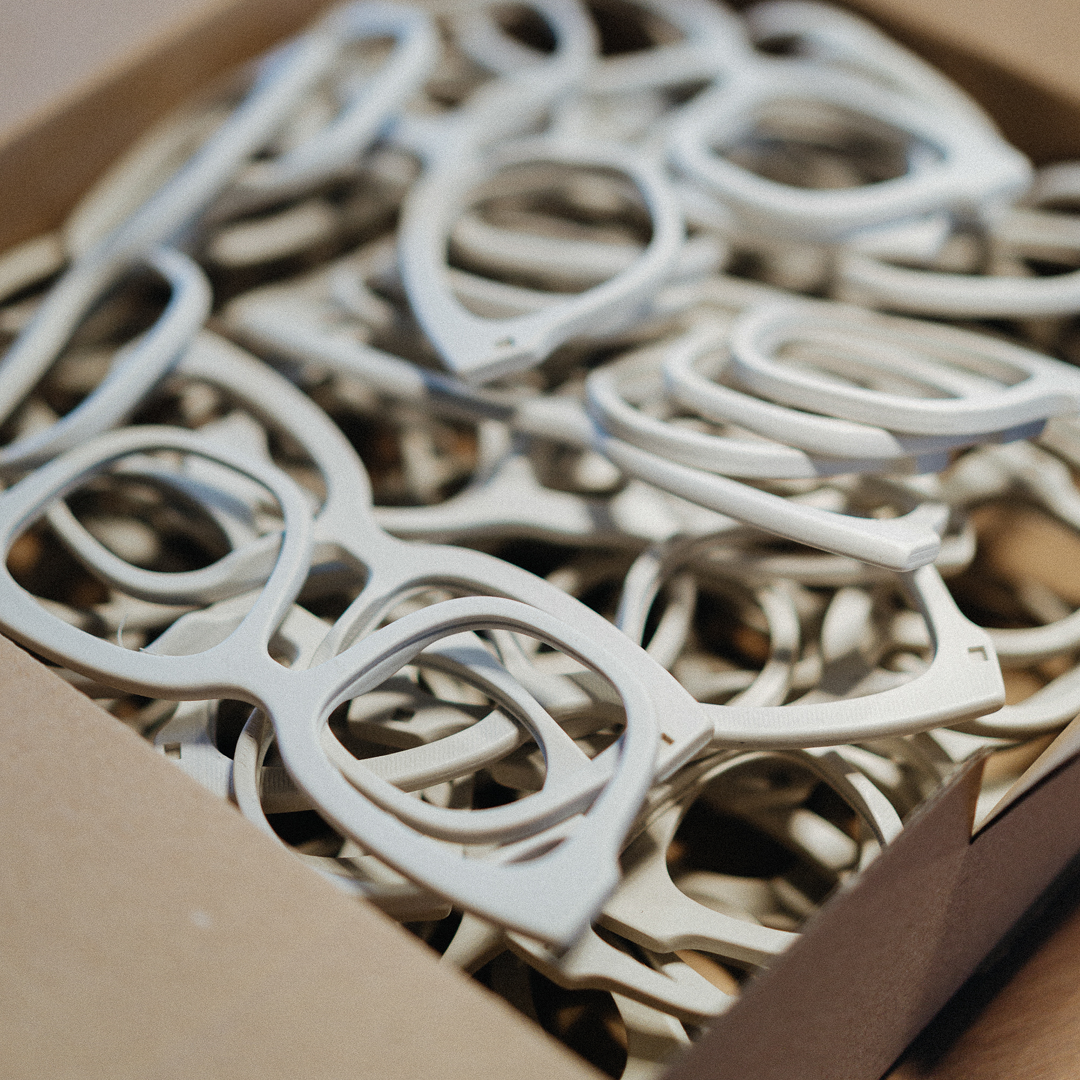
What are biobased plastics?
Biobased plastics are made from renewable resources such as corn starch, sugarcane, or vegetable oil. These materials are often referred to as “biomass” and are derived from plants that are grown specifically for this purpose. Biobased plastics are seen as a more sustainable alternative to traditional fossil fuel-based plastics, as they have a lower carbon footprint.
However, it is important to note that not all biobased plastics are necessarily biodegradable or compostable. Biobased plastics can be designed to be durable and long-lasting, just like traditional plastics. Therefore, it is important to consider the end-of-life options for biobased plastics to ensure they are disposed of in a sustainable manner.
For example, some of our sunglasses are made with biobased PA11 - a high-performance polymer of 100% renewable origin, produced from castor oil. For 70 years, it has been a trusted source of performance in highly demanding applications, renowned for its performance and durability.

What are recycled plastics?
Recycled plastics are made from plastic waste that has been collected, sorted, and processed for reuse. This process involves melting down the plastic and turning it into new products. The benefit of using recycled plastic is that it reduces the amount of plastic waste that ends up in landfills or the ocean, and it also saves energy and resources compared to producing new plastic.
However, the quality of recycled plastic can vary depending on the source and the process used to recycle it. It is important to ensure that the recycled plastic is of high quality and suitable for its intended use. Additionally, it is important to consider the end-of-life options for products made from recycled plastic to ensure they are recycled again or properly disposed of.
In our sunglasses, we use different types of recycled plastics from recycled fishing nets to recycled acrylic to recycled PET and many more.
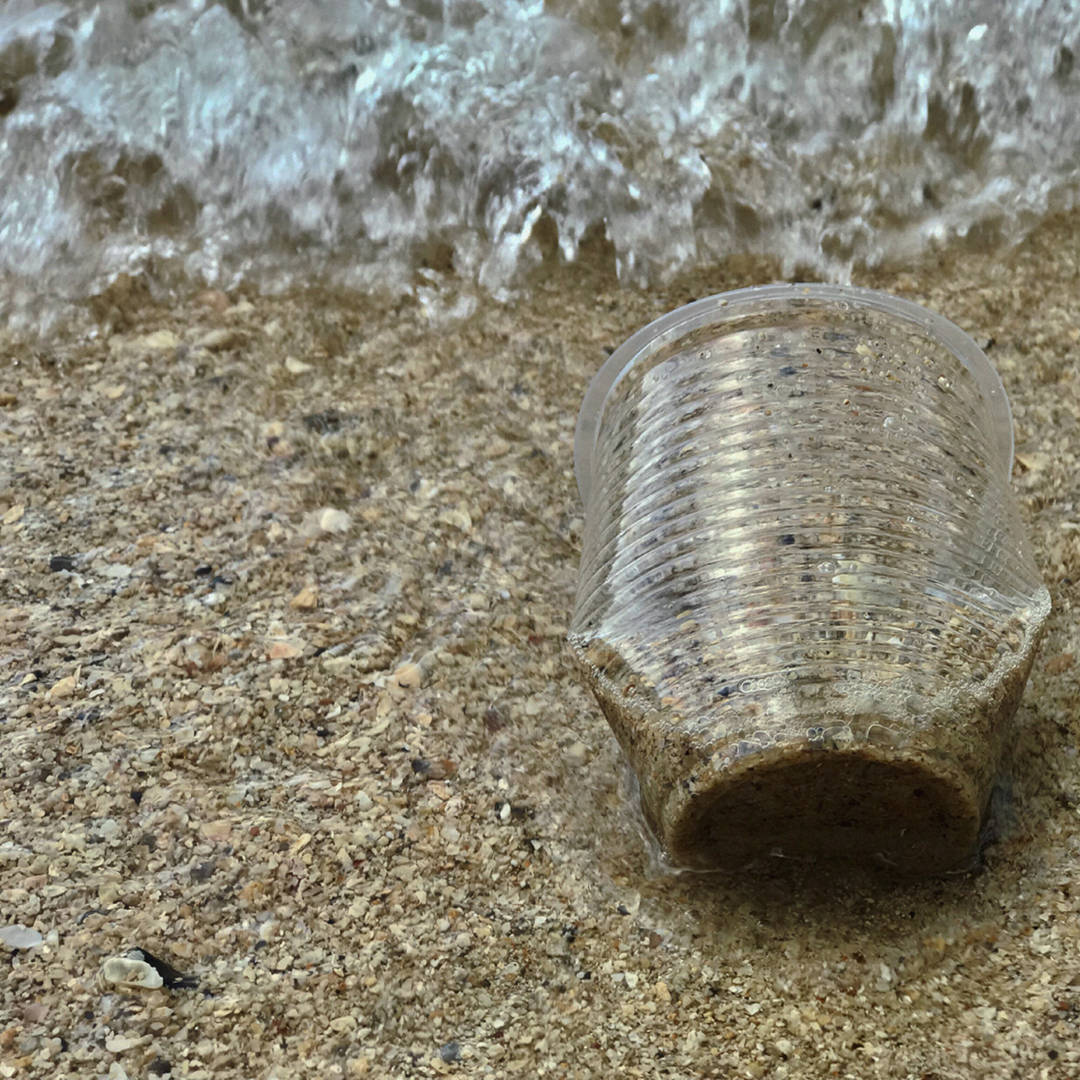
And then what is the difference with recyclable?
Recyclable plastics are those that can be collected, sorted, and processed for reuse. This means that the plastic can be turned into new products rather than being sent to landfill or incinerated. However, just because plastic is recyclable doesn't mean it will actually be recycled. Recycling rates vary depending on the region and the infrastructure available for collection and processing.
Additionally, not all plastics are equally recyclable. Some plastics are easier to recycle than others, and some may require specialized facilities or processes. Therefore, it is important to consider the recyclability of a plastic material when choosing it for a product.
So biobased, recycled, and recyclable are all important terms when it comes to sustainable plastic materials.
Biobased plastics are made from renewable resources, recycled plastics reduce waste and save resources, and recyclable plastics can be reused rather than discarded. By understanding these terms and choosing sustainable plastic materials, we can reduce our impact on the environment and move towards a more circular economy.
At Yuma Labs, we are consciously choosing to only use biobased or recycled materials that can be recycled again at the end of their life so we can continue on closing the loop.

